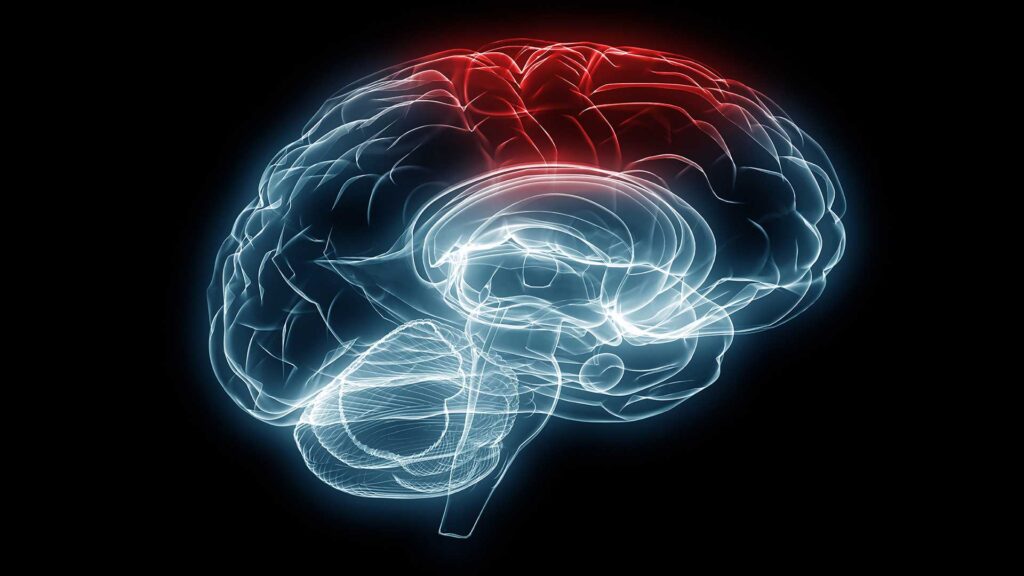In the ever-evolving landscape of medical research, perhaps few fields have experienced such transformative breakthroughs as Traumatic Brain Injury TBI treatment. Recent strides in TBI labs have ushered in a new era, reshaping the way we understand and approach trauma care. Groundbreaking advances are not merely incremental improvements but seismic shifts that promise profound impacts on patient outcomes and quality of life. Central to these advancements is a deepening understanding of the intricate mechanisms underlying TBI. Laboratories dedicated to TBI research have delved into the complex interplay of molecular, cellular, and physiological processes that occur in the aftermath of trauma. Through cutting-edge techniques such as neuroimaging, genetic analysis, and biomarker identification, researchers have gained unprecedented insights into the cascade of events triggered by brain injury. This enhanced understanding serves as a foundation for the development of targeted therapies tailored to the unique needs of TBI patients. One of the most promising avenues of research involves neuroregeneration and repair. TBI labs are at the forefront of exploring innovative strategies to promote the regeneration of damaged neural tissue.

These groundbreaking approaches hold the potential to revolutionize TBI treatment, offering hope to millions of individuals affected by these devastating injuries. In parallel, TBI labs are pioneering novel interventions to mitigate the secondary effects of brain trauma. From neuroinflammation to oxidative stress, secondary injury mechanisms can exacerbate damage and impede recovery in TBI patients. Researchers are actively developing targeted therapies to modulate these processes, aiming to limit neuronal degeneration and optimize the brain’s natural healing response. By addressing both primary and secondary injury mechanisms, these interventions aim to enhance the efficacy of TBI treatment and improve long-term outcomes for patients. Furthermore, advances in neurotechnology are driving unprecedented progress in TBI rehabilitation. TBI labs are exploring the potential of neurostimulation techniques such as transcranial magnetic stimulation TMS and deep brain stimulation DBS to modulate neural activity and promote functional recovery.
These non-invasive interventions offer new avenues for restoring cognitive function, motor control, and emotional regulation in individuals with traumatic brain injury labs in dallas. Coupled with innovative rehabilitation protocols, neurotechnology holds the promise of empowering patients to reclaim lost abilities and achieve meaningful recovery milestones. Beyond the laboratory, interdisciplinary collaboration is fostering a holistic approach to TBI care. TBI labs are partnering with clinicians, engineers, and industry stakeholders to translate research findings into real-world solutions. From wearable devices that monitor brain activity to personalized rehabilitation programs, these collaborative efforts are bridging the gap between bench and bedside, ensuring that cutting-edge innovations reach those who need them most. In conclusion, the progress made in TBI labs represents a paradigm shift in trauma treatment. Through groundbreaking advances in neurobiology, technology, and interdisciplinary collaboration, researchers are reshaping the landscape of TBI care. While challenges remain, the trajectory of TBI research is undeniably promising, offering hope for improved outcomes and enhanced quality of life for individuals affected by brain trauma. As we continue to push the boundaries of scientific discovery, the future of TBI treatment holds unprecedented potential for transformative change.
